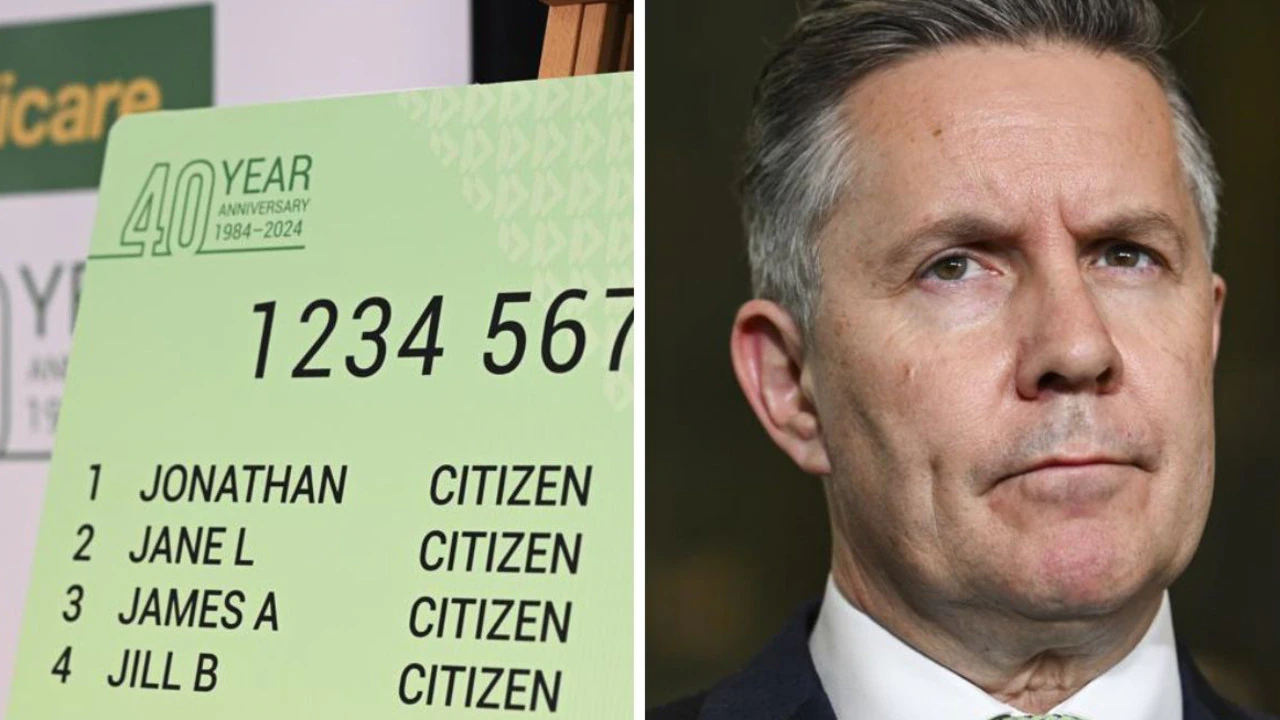Copyright dailyrecord

The latest figures from the Department for Work and Pensions (DWP) show that at the end of February, more than 1.7 million older people were claiming Attendance Allowance , including 155,000 living in Scotland. The tax-free benefit is not means-tested and worth either £73.90 for the lower rate or £110.40 for the higher rate each week. Attendance Allowance is usually paid every four weeks, this amounts to either £295.60 or £441.60 every pay period - some £5,740.80 over the current financial year. How much someone receives depends on the level of support needed and the benefit is designed to help people of State Pension age with daily living expenses which can also help them stay independent in their own home for longer. It’s important to be aware there is no mobility component attached to Attendance Allowance. Older people living in Scotland can no longer claim Attendance Allowance and instead, need to claim the new devolved benefit, Pension Age Disability Payment (PADP). New figures from Social Security Scotland show some 44,885 people over 66 were receiving Pension Age Disability Payments at the end of July. The benefit follows the same eligibility criteria and payment award scale as DWP, but is administered and delivered by Social Security Scotland. Full details on the benefit can be found on MYGOV.SCOT here. The number of older people receiving payments includes: Both benefits support people with a disability, long-term illness and mental or physical health issues. The list of conditions supported through Attendance Allowance is long, but the most common disabling condition - an umbrella term used by the DWP - is arthritis, which provides support for 508,984 people across Great Britain, including 46,798 in Scotland. It’s important to note that this list is not a checklist for claiming Attendance Allowance or PADP, it is intended to help people understand what type of conditions are being supported. However, if you need extra support during the day or night due to a long-term illness, disability or health condition, you should check out the official eligibility guidance for Attendance Allowance on GOV.UK or PADP on MYGOV.SCOT . The figures below show the percentage of people claiming Attendance Allowance for these 48 health conditions: It's important to note there are special rules for people with a terminal illness, to help speed up their application - full details on GOV.UK here. Below is everything you need to know about Attendance Allowance and PADP including eligibility and how to make a claim. Attendance Allowance helps with extra costs if you have a physical or mental disability or illness severe enough that makes it hard for you to look after yourself - it does not cover mobility needs. You do not need to have someone caring for you in order to make a claim. You should apply for Attendance Allowance if you have a disability or illness and need help or supervision throughout the day or at times during the night -even if you don’t currently get that help. This might include: You should also apply if you have difficulties with personal tasks, for example if they take you a long time, you experience pain or you need physical help, like a chair to lean on. Attendance Allowance isn’t just for people with a physical disability or illness. You should also claim if you need help or supervision throughout the day or night and have: You could receive either £73.90 (lower rate) or £110.40 (higher rate) each week. This amounts to either £295.60 or £441.60 every pay period. You can spend the money however you like and it could help you stay independent in your own home for longer. This might include: Yes. Attendance Allowance isn't means-tested so it doesn't matter what other money you have coming in or how much you have in savings either - there's no limit. it is also tax-free and you will be exempt from the Benefit Cap so you won't have money taken away from any other benefits. No, it won't affect your State Pension and you can even claim it if you're still working and earning money. The other benefits you get might increase if you get Attendance Allowance, these include: You will need to complete a long claim form when you apply for Attendance Allowance . It might seem daunting at first but help is available from your nearest Citizens Advice , so don't let the form put you off applying. If you'd prefer to do it yourself you can follow the Citizens Advice guide on how to fill in your claim form here . Full details of how to get the application form by post or over the phone can be found on the GOV.UK website here . If you are thinking about applying for Attendance Allowance when you reach State Pension age, you might be better off claiming Personal Independence Payment (PIP) straight away - you may be able to get more money. You cannot claim Attendance Allowance if you have a Scottish postcode. You need to claim Pension Age Disability Payment through Social Security Scotland - full details here. You won't be able to get Attendance Allowance if you already get PIP or Disability Living Allowance (DLA) to pay for your care. If you apply for Attendance Allowance while getting DLA, the DWP will usually reassess your DLA award instead. You can renew your PIP or DLA when the existing award ends as long as you still meet the eligibility criteria. If your renewal is unsuccessful you can apply for Attendance Allowance instead. You can apply for the new disability assistance benefit through Social Security Scotland, full details on MYGOV.SCOT . Help is also available from the independent advocacy service VoiceAbility, which is funded by the Scottish Government, to help disabled people applying for devolved benefits. It provides a free, nationwide advocacy service supporting disabled people to access Social Security Scotland benefits. If you need an advocate, you should: Full contact details can be found here.



